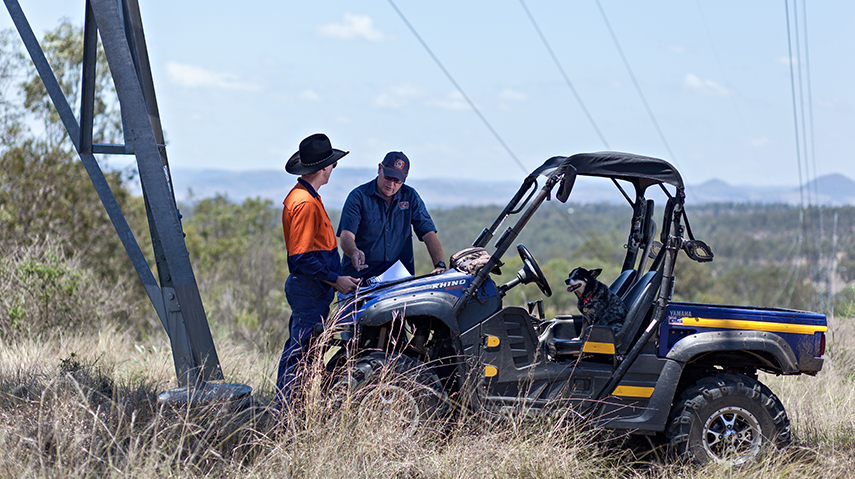分配公平
向其他人學習如何補償土地所有者
分配公平是指確保發展活動的利益和影響力在不同人群之間公平分配。為了實現這一目標,我們需要考慮如何就這些利益和影響的分配做出決策。
This may involve developing and clearly communicating the criteria used to assign benefits and approaches to mitigating impacts on those most affected by development activity. When designing these decision-making processes, it's important to take into account the perspectives and priorities of the communities involved.
昆士蘭 Powerlink
該模型表明,社群成員正在關注 Powerlink 如何對待這個最弱勢群體,他們對組織的信任程度部分取決於對其他人的公平對待。當我們思考什麼是信任時——對他人表現出脆弱性並且知道他們不會利用這種脆弱性——其重要性就顯而易見了。社區成員從如何對待土地所有者中獲取線索,以更清楚地了解 Powerlink 對外部利害關係人採取的價值觀和方法。社群成員也有可能利用這些觀察結果來表達他們的看法,如果他們在未來受到直接影響,Powerlink 可能會如何對待他們。
雖然一開始違反直覺,但這項發現對 Powerlink 如何思考和實施土地所有者談判和補償流程產生了重大影響。
在此詳細了解我們與 Powerlink 的合作


